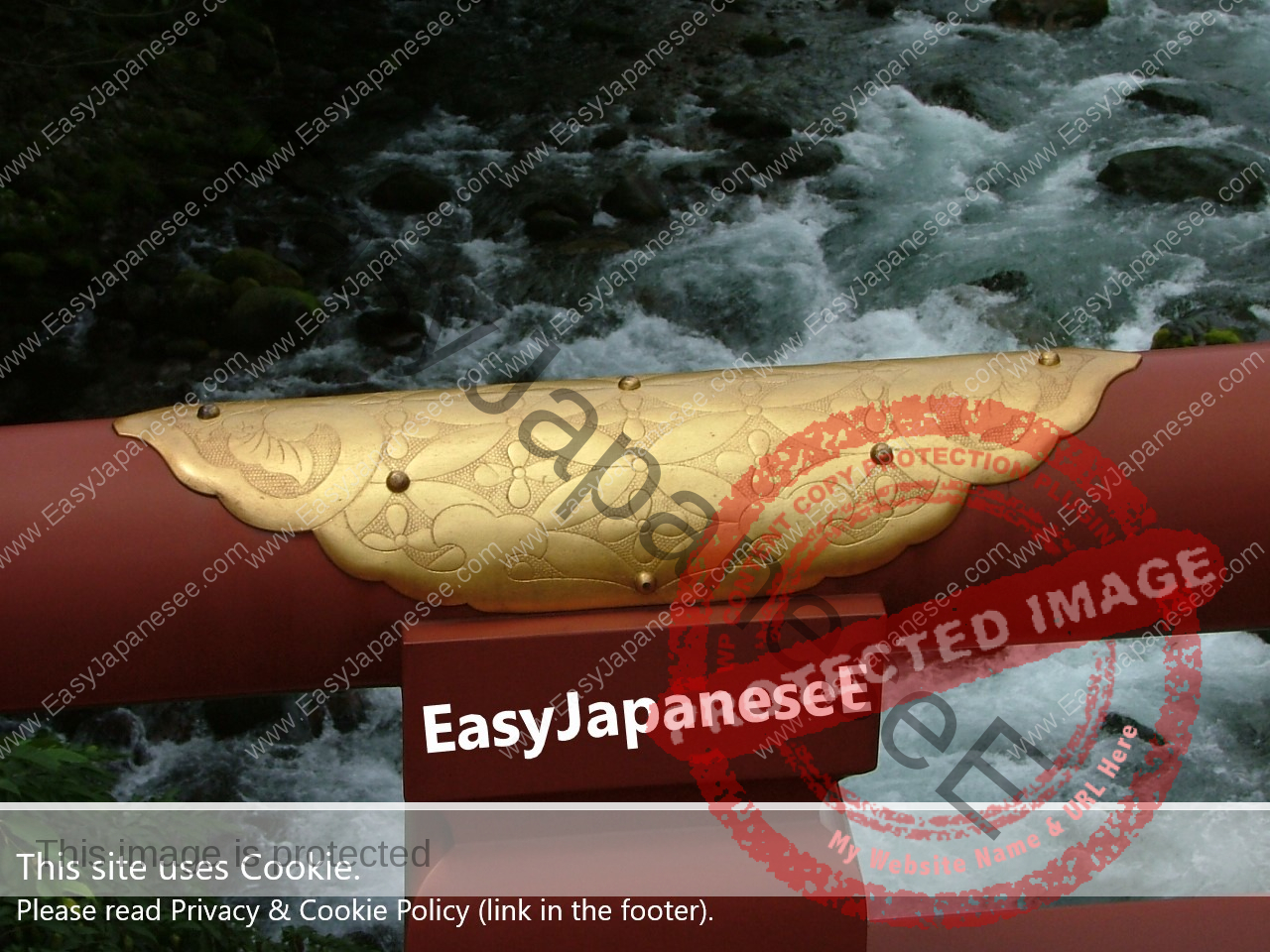Connection
[noun] は [いadjective stem] かったです。(いadjective stem means an いadjective without the last い)
[noun] は [なadjective] でした。
[noun] は [noun] でした。
Meaning
- ~ was/were ・・・
- If an adjective is used instead of a verb in English (for example, like, love, want, etc.), the past affirmative of those verbs (i.e. liked, loved, wanted, etc.)
Examples with a いadjective
- ははは きびしかった です。
haha wa kibishikatta desu.
Mum was strict. - ジョンさんの おくさんは やさしかったです。
jon_san no okusan wa yasashikatta desu.
John’s wife was nice. - あの ほんは むずかしかったです。
ano hon wa muzukashikatta desu.
That book was difficult. - メアリーさんは かみが ながかったです。
meari-_san wa kami ga nagakatta desu.
Mary had long hair. - その ほんが ほしかった です。( ~が ほしい = to want ~)
sono hon ga hoshikatta desu.
I wanted that book.
Examples with a なadjective
- ジョンさんは しんせつ でした。
jon_san wa shinsetu deshita.
John was kind. - この もんだいは かんたん でした。
kono mondai wa kantan deshita.
This question was easy. - わたしはスパゲッティーが すきでした。
watashi wa supageti- ga suki deshita.
I liked spaghetti. - あには この ほんが だいすき でした。
ani wa kono honga daisuki deshita.
My older brother loved this book. - あねは えいごが とくいでした。
ane wa eigo ga tokui deshita.
My older sister was good at English.
Examples with a noun
- わたしは がくせい でした。
watashi wa gakusei deshita.
I was a student. - ジョンさんたちは かいしゃいん でした。
jon_san tachi wa kaishain deshita.
John and others were company employees.
Note
Little children in Japan sometimes use でした after an いadjective, instead of changing the form of the いadjective. While that sounds cute, that is not correct (as yet…).
Suggested Activities
- Using as many different words you know, try to make sentences to describe things in the past.
- Do exercises in Part III (a) of the Module 3 in the Moodle JLPT N5 course.
If you liked this post, please share it with your friends via your social media accounts. Your support will be appreciated!

